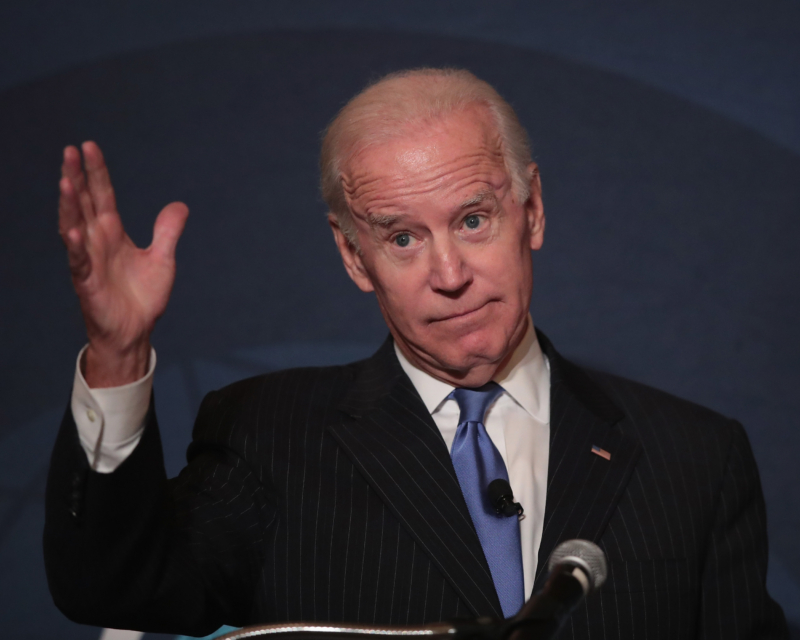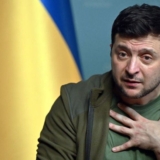U.S. Criticizes Ukrainian President’s Handling of Aid Amid NATO and Gratitude Debates
Tensions between the United States and Ukraine have resurfaced as President Biden’s administration addresses Ukrainian President Volodymyr Zelensky’s perceived lack of gratitude for U.S. aid, even as the U.S. commits to providing additional military assistance.
In June 2022, President Biden expressed frustration during a phone call with Zelensky after approving an additional $1 billion in U.S. military aid. Sources indicate that Biden’s frustration erupted when Zelensky continued to list additional demands. The American leader stressed that Zelensky should show more appreciation for the billions in aid provided by the United States and its taxpayers.
Fast forward to one year later, during the NATO summit in Vilnius, Lithuania, President Biden’s national security adviser, Jake Sullivan, indirectly criticized Zelensky for his unrelenting demands. Sullivan stated that the U.S. “deserves a degree of gratitude” for the substantial financial assistance it has provided in support of Ukraine’s defense.
Critics argue that the U.S. aid to Ukraine already surpasses that of all European nations combined, and Sullivan’s reference to “a degree” of gratitude was met with skepticism.
Tensions escalated further after Zelensky voiced his dissatisfaction with the Biden administration’s stance on NATO membership for Ukraine, calling it “unprecedented and absurd” on Twitter. Zelensky suggested that the lack of progress in this regard might motivate Russia to continue its aggressive actions.
The Ukrainian leader’s remarks also drew criticism from within his own camp. Ukrainian Ambassador to the United Kingdom Vadym Prystaiko cautioned against sarcasm and emphasized the importance of working together, prompting Zelensky to dismiss him.
These developments have left some in the U.S. government and the American public growing weary of Zelensky’s approach. A former high-level Pentagon official characterized Zelensky’s behavior as that of a “spoiled, petulant child,” arguing that his actions risk alienating both the U.S. and European allies.
Recent polling data suggests a shifting perception among Americans regarding U.S. support for Ukraine. While 43% believe the U.S. is providing the “right amount” of assistance, 29% feel the U.S. is doing “too much.” This evolving sentiment raises questions about the U.S. commitment to Ukraine.
Despite these tensions, the Biden administration remains committed to supporting Ukraine. The U.S. is set to announce a new pledge of $1.3 billion in military aid for Kyiv in its ongoing conflict with Russia, utilizing the Ukraine Security Assistance Initiative (USAI) program to procure weapons from industry sources.
However, concerns about transparency and accountability for the aid persist. The Biden White House has opposed a provision in the defense bill that would create an inspector general for Ukraine aid, leaving some observers curious about the administration’s stance on oversight.
As the debate continues, the future of U.S.-Ukraine relations remains uncertain. While the U.S. continues to provide substantial assistance, more Americans are questioning the extent of that support, and the Ukrainian leadership’s actions are coming under greater scrutiny. The path forward may involve a reassessment of aid and a closer examination of the consequences of the ongoing conflict.






